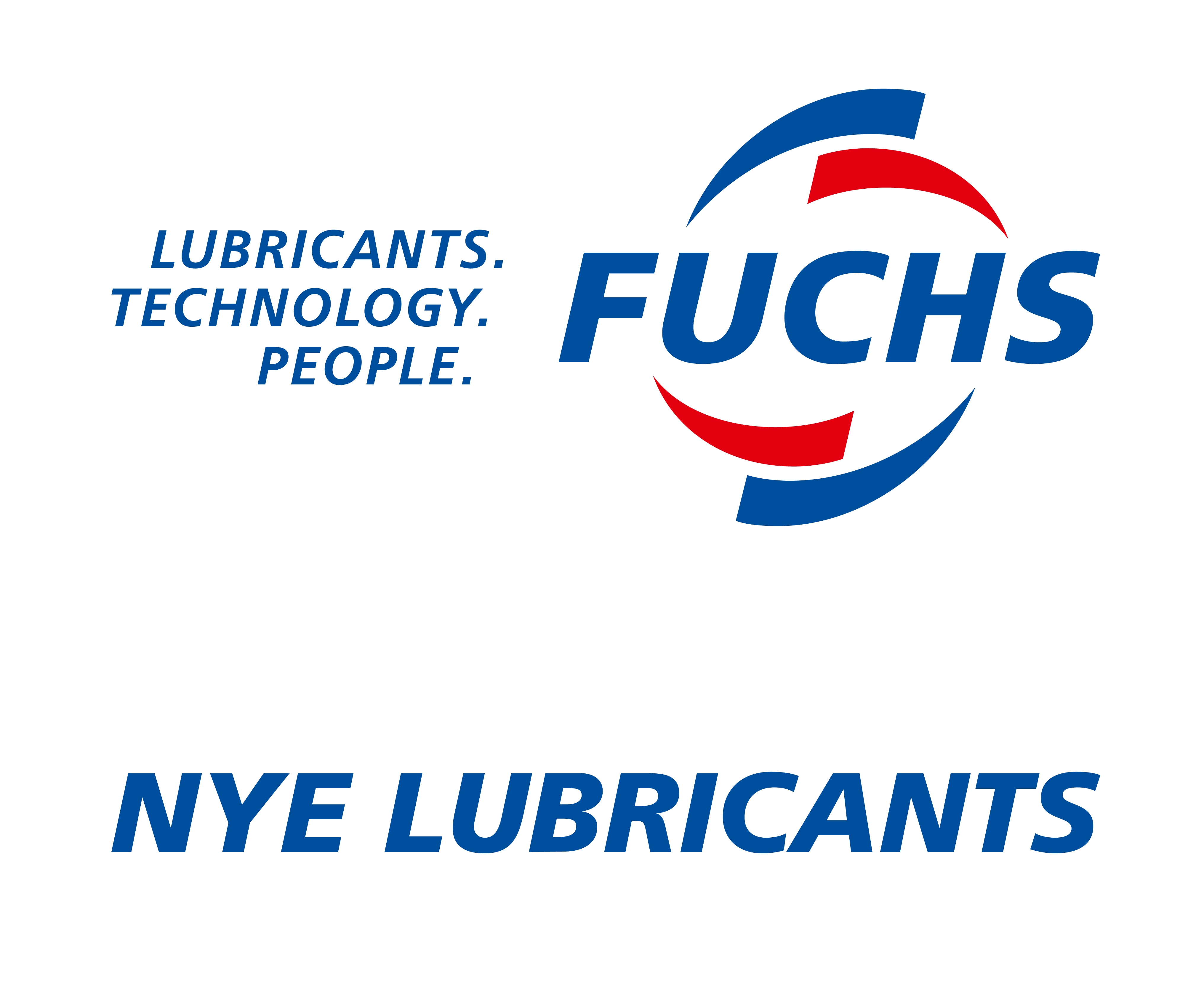Preventing Data Center Equipment Failure
Today, it is hard to imagine a world without cloud technology. Hospitals, financial institutions, and major corporations use the cloud to house their most important digital data. Data centers are so vital that when power failure strikes, the news makes national headlines. Restoring power to these systems can result in costly downtime for data center operators. Power failure can often be caused by preventable hardware failures.

Hardware failure can take many forms including failed busbars, cooling fans, and hard disk drives. In order to keep data centers up-and-running and minimize unplanned downtime, engineers must understand potential failure points and design their devices in a way that addresses these issues. Lubrication addresses many of the common causes of hardware failure to help designers extend the operating life of their busbars, cooling fans, and hard disk drives.
Busbars
Busbars are the power house of a data center. Within busbars are connectors that deliver the power signal. When these connectors fail, it can lead to widespread power failure. A common reason for connector failure in data centers is fretting corrosion. While connectors are protected from most corrosive elements inside a data center, fretting corrosion is caused by vibration which is unavoidable in most environments. Fretting is the result of micromovements that wear the surface of terminals and over time generates an oxide layer on the contact surface. This oxide layer acts as an insulative film between the connector contacts that can create an open circuit, and ultimately power failure.

These connectors are most vulnerable to fretting corrosion during transport from where they are manufactured to the data center. Applying a lubricant during assembly can prevent this corrosion from occurring. A lubricant film minimizes metal-to-metal contact during vibration to protect the connector from metal wear. Applying a lubricant can also restore power reliability to damaged connectors by preventing further fretting corrosion.
Cooling Fans
When bearings fail, cooling fans fail, and when cooling fans fail, your data center is at risk for overheating. Overheating has brought even the most powerful data centers to their knees. Data centers must always be able to rely on their cooling fans. Bearings play a critical role in cooling fans by facilitating blade movement. To prevent these issues from occurring, sintered bearings are typically used in fans.
Sintered bearings consist of pressed metal powder whose pores are impregnated with a lubricant to ensure permanent lubrication and long bearing lifetime. When selecting a lubricant for your cooling fan, you should ensure that it is fortified with anti-oxidants and has high temperature stability.
Hard Disk Drive
Hard disk drive failures can be far more serious than just power outages. These failures can also result in data loss, which poses a major liability for data centers. Fluid dynamic bearings facilitate the movement of the hard drives spindle motor and require lubrication to protect against friction and wear. Selecting the right lubricant from the beginning is extremely important, as a lubricant with the wrong thermal properties will oxidize over time and cause wear debris. This debris leads to additional friction that causes the motor to overheat. Low evaporation or vitality of the oil is important to support the lifetime operation of hard drives. The right lubricant will also reduce noise levels produced by the hard drive.
Lubrication is key in extending the life of your data center applications and in turn preventing power failures, data loss, and costly downtime. Nye Lubricants offers several lubricants to extend the life of data center applications.
| Product | Temperature Range | Chemistry | Description | Application Notes |
|---|
 Daryl Williams — Regional Engineering Manager
Daryl Williams — Regional Engineering Manager
 Daryl is one of our new REM’s helping customers in the Northwestern United States find lubrication solutions that meet their specific needs. Prior to joining Nye, Daryl worked in the plastic components industry as a Mechanical Design Engineer, Manufacturing Engineer, and Sales Engineer. Daryl specializes in helping find solutions for applications in medical device, cable and wire, and semiconductor markets. Daryl holds a Bachelor of Science degree in Mechanical Engineering from San Jose State University.
Daryl is one of our new REM’s helping customers in the Northwestern United States find lubrication solutions that meet their specific needs. Prior to joining Nye, Daryl worked in the plastic components industry as a Mechanical Design Engineer, Manufacturing Engineer, and Sales Engineer. Daryl specializes in helping find solutions for applications in medical device, cable and wire, and semiconductor markets. Daryl holds a Bachelor of Science degree in Mechanical Engineering from San Jose State University.
Click here to connect with Daryl on LinkedIn

